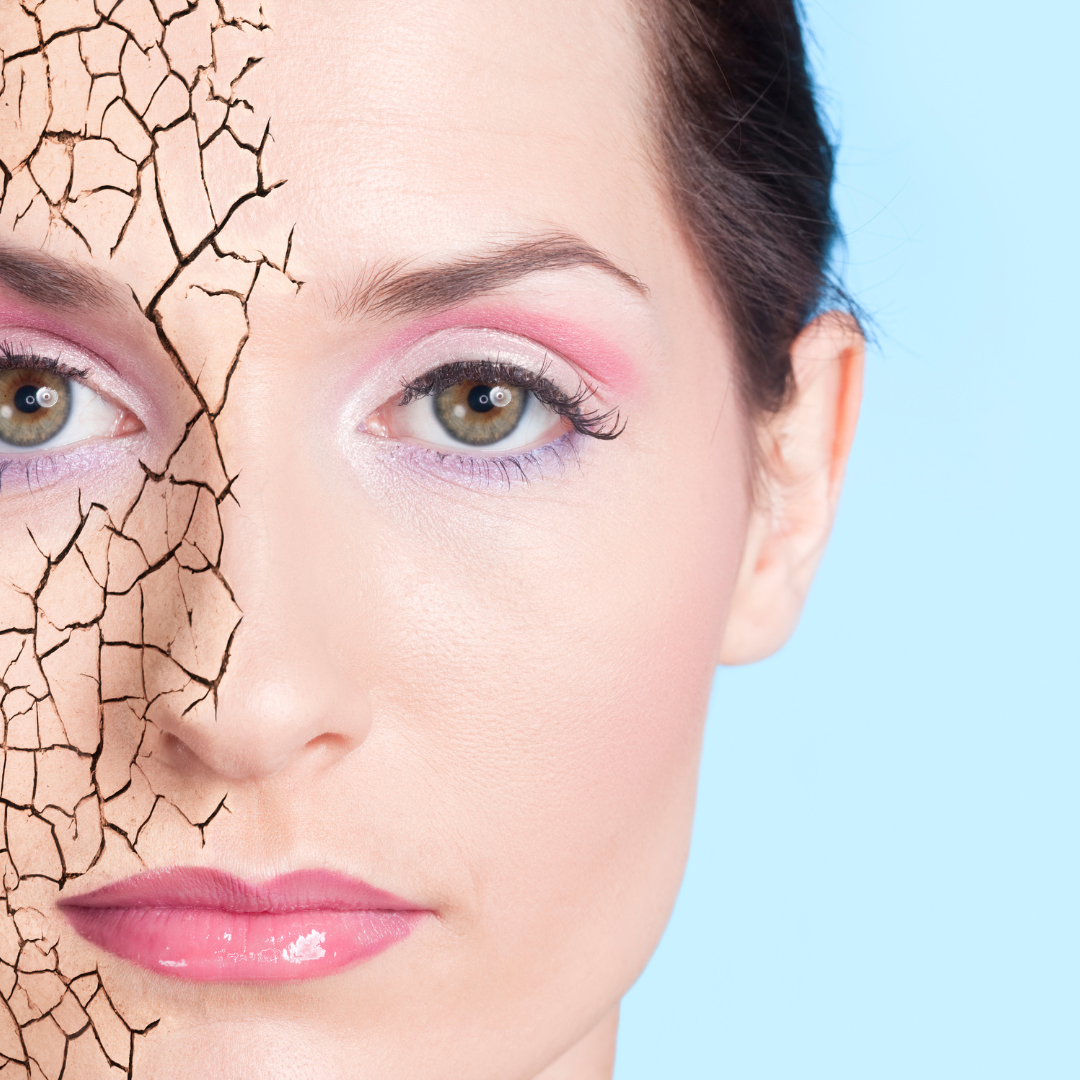The Importance of Night-time Skincare
Beauty sleep is more than just a saying; it's an essential part of maintaining healthy and radiant skin. While you sleep, your skin undergoes repair and regeneration, making the most of the downtime to recover from the day's stressors. Night-time is when your skin's natural processes, such as cell turnover and collagen production, are at their peak. To fully harness the power of beauty sleep, it's essential to optimise your night-time skincare routine to support these processes and ensure that your skin wakes up looking refreshed and rejuvenated.
Cleansing and Exfoliating: Starting Your Night-time Skincare Routine Right
The first step in any effective night-time skincare routine is thorough cleansing. This ensures that all makeup, dirt, and pollutants accumulated during the day are removed from your skin's surface, allowing your skin to breathe and optimally absorb the beneficial ingredients in your night-time skincare products.
- Double Cleansing: Begin with a double cleanse to effectively remove all traces of makeup and impurities. Start with an oil-based cleanser to break down oil-soluble debris, followed by a gentle water-based cleanser to remove any remaining residue.
- Exfoliation: Regular exfoliation is crucial to encourage cell turnover and reveal a brighter, more even complexion. Depending on your skin type and sensitivity, incorporate either a gentle physical exfoliator or a chemical exfoliant, such as alpha-hydroxy acids (AHAs) or beta-hydroxy acids (BHAs). Aim to exfoliate no more than two to three times per week to avoid over-exfoliating and causing irritation.
Targeted Treatments: Addressing Specific Skin Concerns
Once your skin is cleansed and exfoliated, it's time to apply targeted treatments to address specific skin concerns. These treatments often contain potent active ingredients that work best at night when the skin is in repair mode.
- Retinoids: Retinoids, derivatives of vitamin A, are powerful anti-ageing ingredients that can help minimise the appearance of fine lines, wrinkles, and hyperpigmentation. As retinoids can be photosensitising, they are best applied at night when there is no sun exposure.
- Peptides: Peptides are amino acid chains that help stimulate collagen production and support the skin's natural repair processes. Incorporate a peptide-rich serum or cream into your night-time routine to improve skin elasticity and firmness.
- Niacinamide: Niacinamide, a form of vitamin B3, is a versatile ingredient that can help regulate oil production, improve skin barrier function, and reduce inflammation. Apply a niacinamide-infused serum or moisturiser to address a range of skin concerns, from acne to redness and uneven skin tone.
Hydration and Nourishment: Locking in Moisture Overnight
To support your skin's natural regeneration process, it's essential to provide ample hydration and nourishment during the night. Opt for richer, more emollient products that will lock in moisture and provide essential nutrients for your skin.
- Hydrating Serums: Apply a hydrating serum containing hyaluronic acid, glycerin, or other humectants to draw moisture into the skin and maintain optimal hydration levels.
- Moisturisers and Facial Oils: Seal in the hydration and nutrients with a rich moisturiser or facial oil. Look for products containing nourishing ingredients, such as ceramides, fatty acids, and antioxidants, which can help support your skin's natural barrier function and promote a healthy, radiant complexion.
Sleep Environment and Habits: Maximising Your Beauty Sleep
Creating the ideal sleep environment and adopting healthy sleep habits are crucial in ensuring that your skin can fully benefit from its night-time repair processes. Aim for seven to nine hours of quality sleep each night and consider implementing the following tips to optimise your beauty sleep:
- Sleep Position: Sleeping on your back can help prevent sleep lines and wrinkles caused by pressing your face against a pillow. If you're a side or stomach sleeper, consider investing in a silk or satin pillowcase to reduce friction on your skin.
- Sleep Environment: Create a sleep sanctuary by maintaining a cool, dark, and quiet bedroom. This can help signal to your body that it's time to rest and promote deeper, more restorative sleep.
- Relaxation Techniques: Establishing a calming pre-bedtime routine can help prepare your mind and body for sleep. Consider incorporating relaxation techniques, such as meditation, deep breathing exercises, or gentle stretching, to wind down at the end of the day.
- Limit Screen Time: The blue light emitted by electronic devices can interfere with your circadian rhythm and make it harder to fall asleep. Aim to limit screen time in the hour or two before bed to help your body naturally prepare for sleep.
By maximising your night-time skincare routine and optimising your beauty sleep, you can wake up to radiant, rejuvenated skin every morning.





